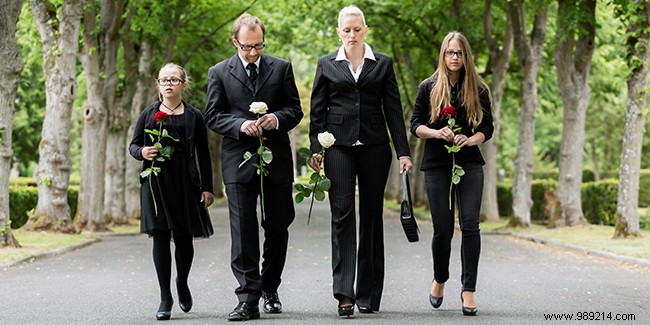
After the passing of a loved one, heirs must settle the estate efficiently. Scenarios involving real estate, prior gifts, wills, or estates valued at 5,000 euros or more typically require a notary's expertise. Yet, as experienced estate professionals know, smaller, simpler estates can often bypass this step.
In French succession law, a notary is essential if the deceased owned real estate. The notary drafts a certificate of real estate ownership—a formal legal act documenting the property's transfer to heirs.
This document, prepared exclusively by a notary, is filed with the local Land Registry Service (formerly the mortgage office). Once published, it serves as the heirs' title deed, ensuring clear ownership transfer.
Similarly, notary services are required for estates worth 5,000 euros or more. Heirs need a 'notarial act' (deed of notoriety) that confirms their heir status, kinship degree, and respective shares.
This notary-issued deed provides authoritative proof for dealings with banks or third parties. For instance, it enables withdrawal of funds over 5,000 euros from the deceased's accounts.
A notary is mandatory if a will exists, whether an 'authentic' will deposited with a notary or a 'holographic' will handwritten by the deceased.
Wills organize asset distribution and express final wishes. Authentic wills are logged in the Central File of Last Wills (FCDDV), aiding post-death discovery and estate settlement. Only a notary can execute these provisions legally.
Notary involvement is compulsory for spousal gifts, known as 'donation to the last survivor.'
This lifetime gift boosts the surviving spouse's inheritance share. The notary formalizes it, registering it in the FCDDV unless opted out. Upon one spouse's death, the notary ensures the deceased's intentions are honored during settlement.
For estates under 5,000 euros with no real estate, no will, and no lifetime gifts, a notary isn't required—though professional advice is wise. A simple heir certificate, signed by all heirs, suffices as proof.
Pre-2015, town halls issued this based on death certificates, birth records, and family books. It must confirm no will, unknown heirs, marriage contracts, disputes, or real estate.
This certificate allows bank withdrawals up to 5,000 euros, account closures for lesser amounts, and tax declarations within six months of death.
Heirs should verify no hidden heirs (e.g., unknown children) or creditors (loans). If debts exceed assets, renunciation is an option to protect personal liability.